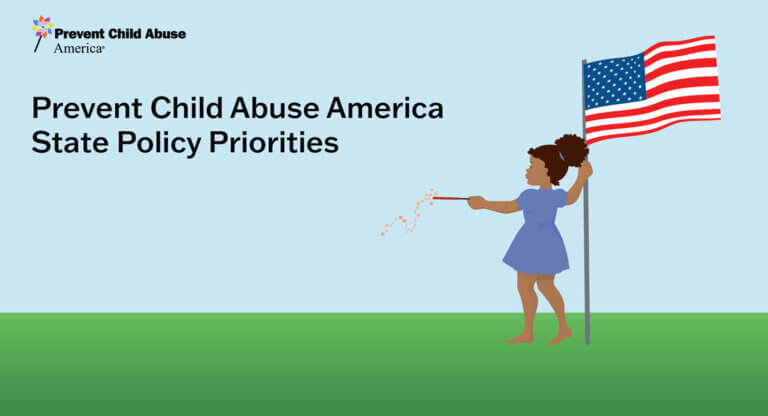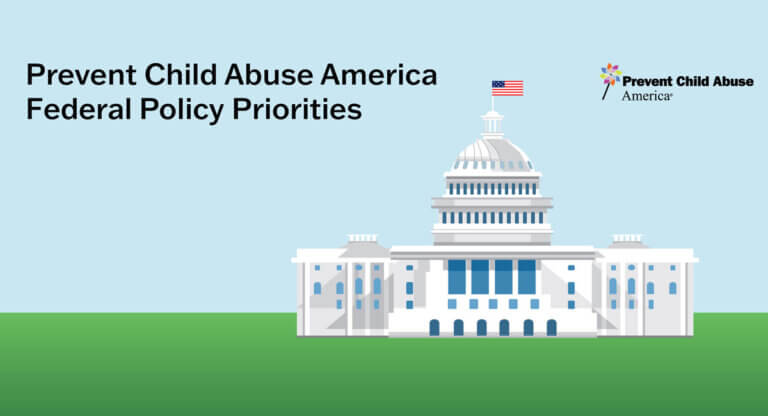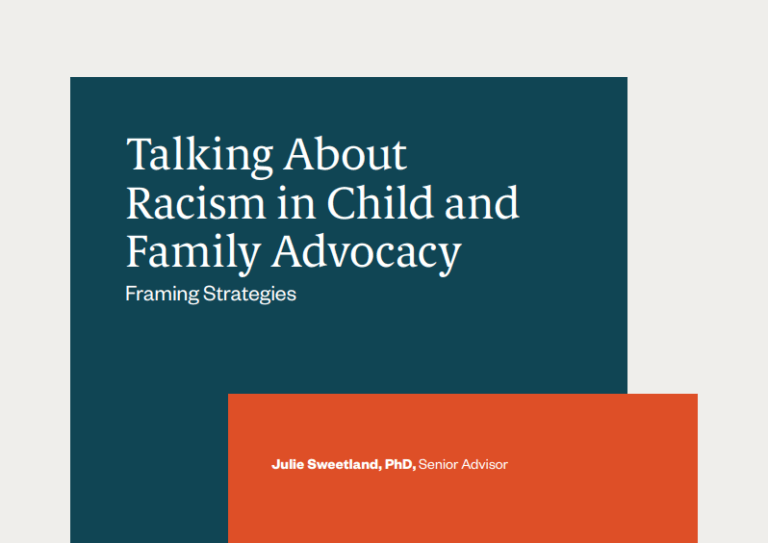In this brief, we highlight key findings from our commentary published in the Journal of Family Violence
Filter Options
Results

State Policy Priorities
Unlock the blueprint for a safer, brighter future and discover how legislative efforts can expand access to vital resources, opportunities, and relationships for families. Our State Policy Agenda offers a range of solutions aimed at reducing stress and supporting families to thrive, for generations to come.

Federal Policy Priorities
Explore our Federal Policy Agenda to learn how we advocate for evidence-informed, equitable, and family-centered policies, promoting healthy child development and providing essential resources to support families. With our nationwide network of chapters and widely implemented home visiting programs, we’re committed to preventing child abuse and neglect, because childhood lasts a lifetime.

Child Welfare Information Gateway
The 2023/2024 Prevention Resource Guide highlights innovative ways that communities are doing purposeful prevention work to help children and families thrive.

Prevention School-based Curricula
The Healthy Relationships Project is a child sexual abuse prevention program for schools and youth serving organizations. It is trauma informed, developmentally appropriate, and includes parent engagement and training for school educators and staff.

Train the Trainer Events from Prevent Child Abuse Vermont
If you want to bring empirically based, effective child sexual abuse prevention to your school, check out these Virtual Train the Trainer opportunities! These programs fulfill the Act 1 child sexual abuse prevention education mandate, show which national health standards are addressed, and keep children safe! Email mhambrick@pcavt.org for more information.

Talking About Racism in Child and Family Advocacy
In a truly just society, no child lives, learns, or plays in environments that expose them repeatedly to things we know are harmful. Our commitment to children therefore involves a commitment to ending racism and its harmful effects, so that all children, regardless of race or ethnicity, have a full and just opportunity to reach their full potential.
This research helps us to pinpoint and predict the specific challenges we may face when leading public conversations about racism and its effects on child wellbeing.




